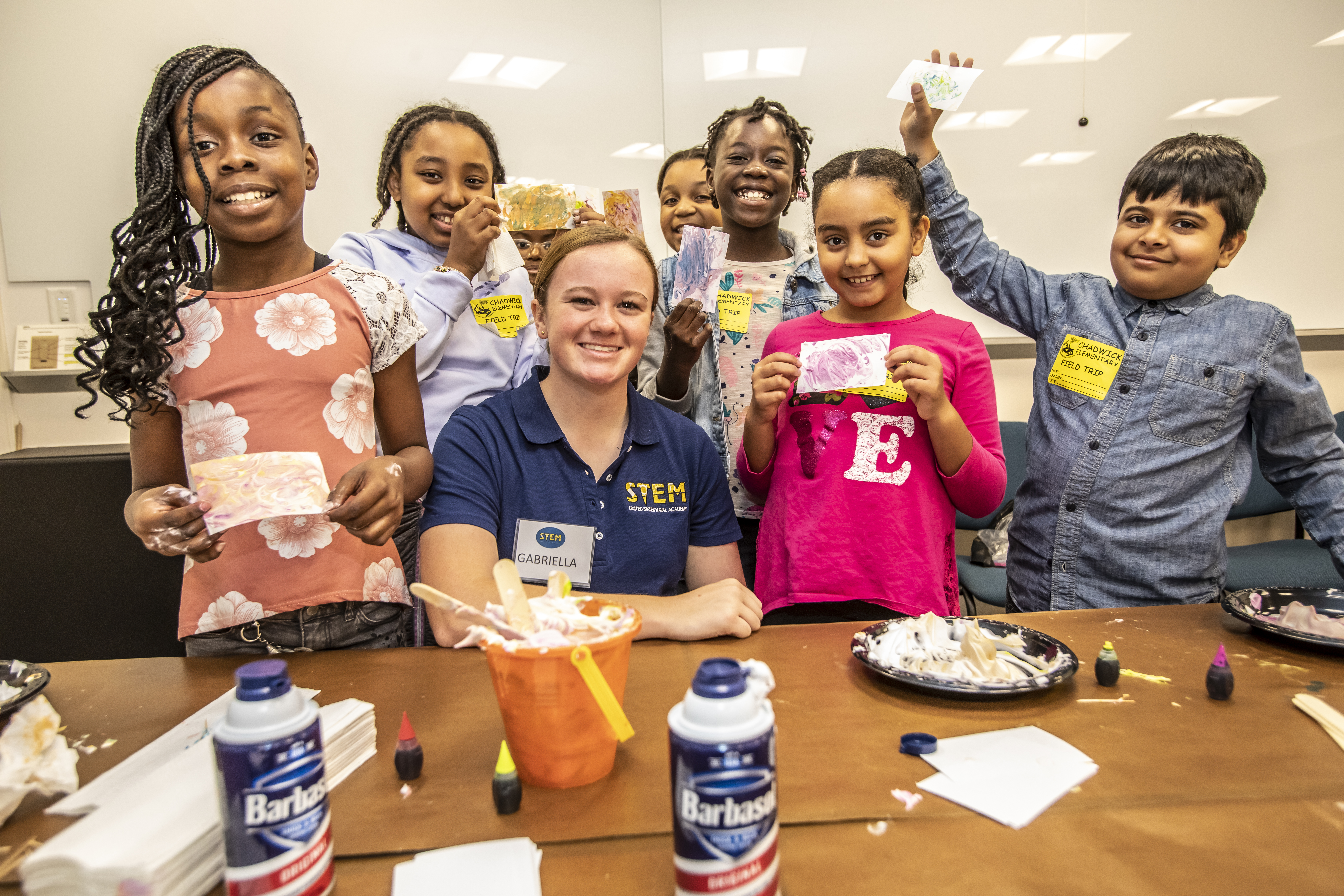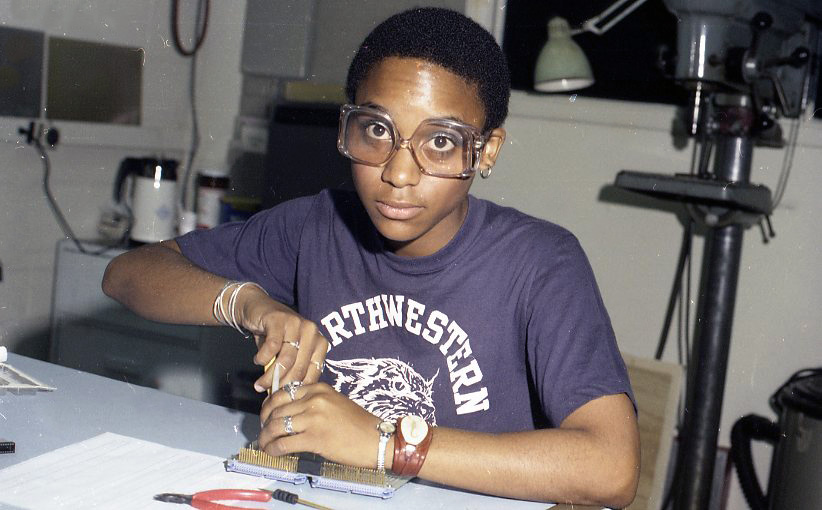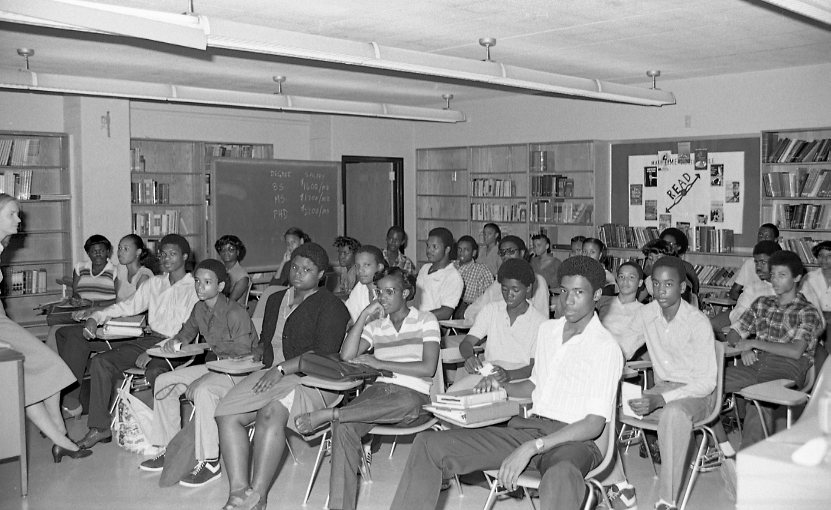In 1998, APL held the 10th annual Maryland MESA Day activities on APL’s picnic grounds. Nearly 1,500 students from 67 elementary, middle and high schools competed in a variety of events, exhibits and entertainment demonstrating what they had learned from their involvement in the MESA program.
In 2000, President Bill Clinton formally recognized MESA mentors, and in 2001, President George W. Bush honored the program with a Presidential Award for Excellence in Science, Mathematics and Engineering Mentoring.
In 2011, MESA became part of the APL STEM Program Management Office, and by 2017 new MESA challenges had been introduced, including wearable technology, expanding structure and mobile apps.
In 2018, a community-based version of the MESA program was launched, and in 2020, when the pandemic arrived, the program pivoted to a virtual format so it could continue to reach students at home.
Maryland MESA impacts not only the students for whom it was created but also the mentors and volunteers — many of them APL staff members — who get the privilege and reward of impacting young people in their most formative years.
“Personally, exposure to STEM early on helped me. I love seeing people’s eyes light up when they’re exposed to something new,” said Bryanna Yeh, a MESA volunteer and APL computer engineer who has enjoyed “paying it forward.”
“A small program with humble beginnings not only still exists today but thrives,” Carr said. “We’re proud of what we are doing, and grateful to all the teachers, mentors and volunteers who share their time to reach students.”
Learn more about MESA on APL’s STEM website.


